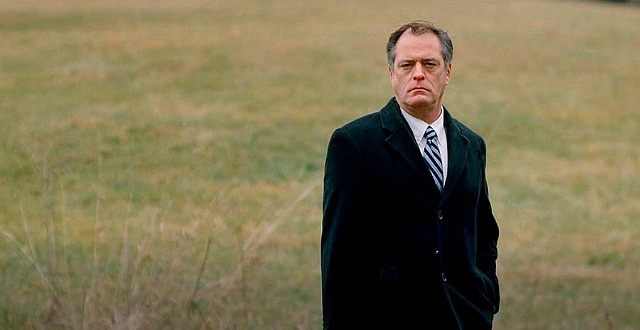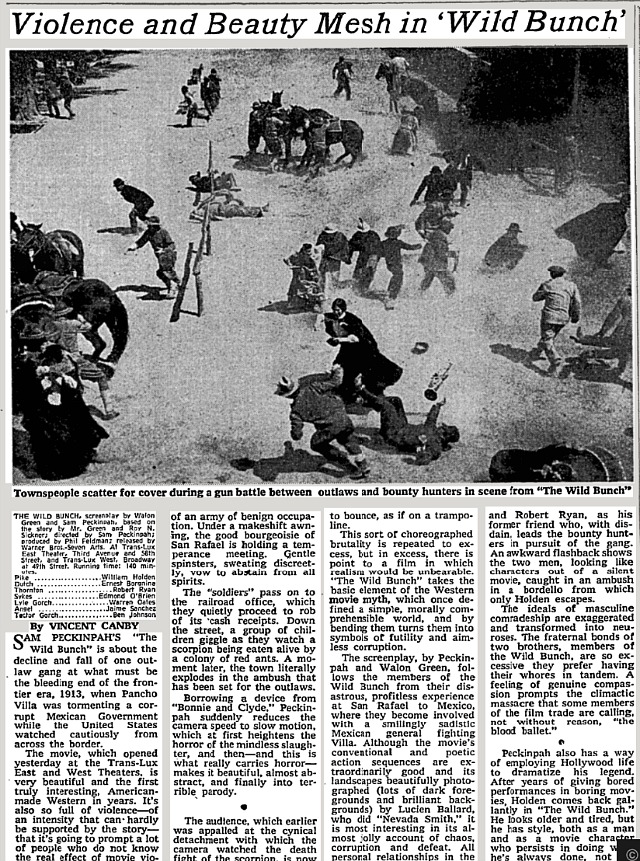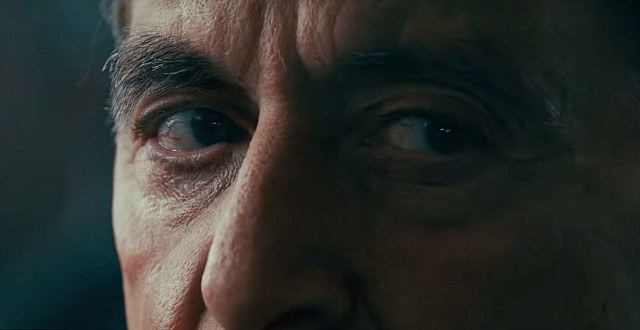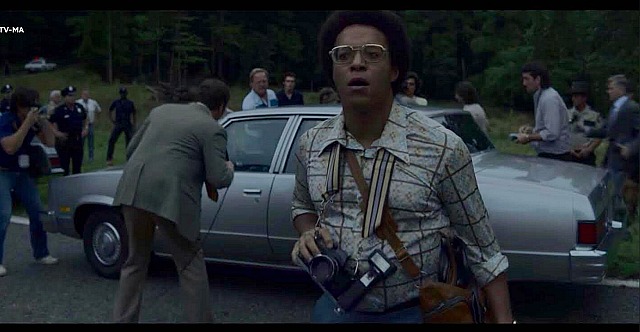Martin Scorsese‘s The Irishman will open theatrically on Friday, November 1st, and will remain in whatever theatres it will occupy, uncompromised by Netflix streaming, for four weekends — 11.1 to 11.3, 11.8 to 11.10, 11.15 to 11.17 and 11.22 to 11.24. And then, on Wednesday, 11.27, the 210-minute gangster drama will begin streaming on Netflix.
The film will continue to play theatrically all through award season (“an expanded theatrical release in the U.S. and international markets” starting on 11.27), for those who feel that a theatrical immersion with popcorn is the only way to go.
The bottom line is that Netflix and the major theatrical chains (AMC, Regal, Cinemark) were too far apart to come to an agreement. Netflix wanted a slightly-longer-than-Roma-style release (as they’ve just announced) and the exhibs wanted a 90-day exclusivity without concurrent streaming.
It needs to be fully understood that the exhibs were being flat-out unrealistic. They should have admitted to Netflix, themselves and God Almighty that almost ALL movies have shot their wad after six weeks (42 days), and that 45 days of theatrical exclusivity would suffice. 90 days is ridiculous, and they knew it.
All the biggies are getting into streaming. The world is changing. You can’t go home again. Suck it up, do your best and deal with things as they actually are (as opposed to how you’d like them to be).
In Los Angeles, The Irishman will presumably play theatrically in Landmark Cinemas, possibly the downtown Alamo Drafthouse and possibly at the American Cinematheque, but — this is important — Netflix REALLY needs The Irishman to play in the Pacific Theatres-owned Arclight locations. Not being in the Hollywood, Santa Monica and Sherman Oaks Arclight would be a very bad thing, public profile- and Academy voter-wise.
Who knows where The Irishman will play in the New York City area, but probably The Quad, Alamo Drafthouse, BAM Cinema, City Cinemas, etc.
From Anne Thompson’s Indiewire report: “Rooting for Netflix from the sidelines were the studios: At this point, almost all of them are following Netflix headlong into the streaming world and they are desperate for a middleman like Netflix to use its first-mover advantage to break this exhibition logjam.
“Their filmmakers want theaters, Oscar voters want theaters, and if theaters refuse to budge as the world changes, the logic goes, they risk being left in the rearview.
Read more








